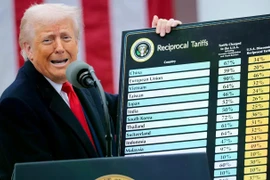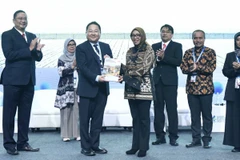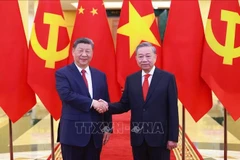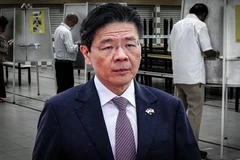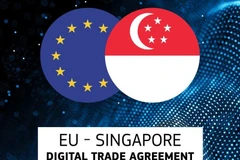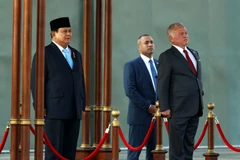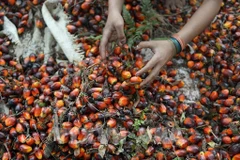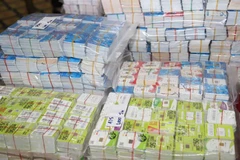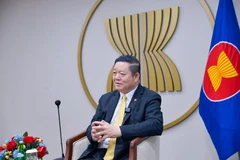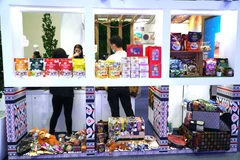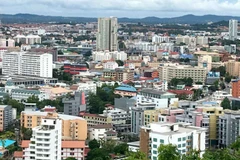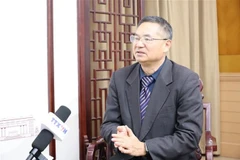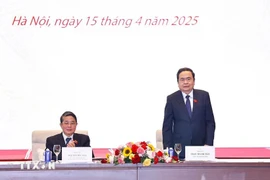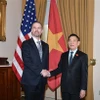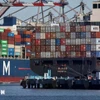Kuala Lumpur (VNA) – Malaysia is ramping up trade safeguard measures and efforts in market diversification to cushion the potential fallout from the US tariffs, said Minister of Investment, Trade and Industry Tengku Zafrul Aziz on Apr 14.
Speaking after a meeting of the National Geoeconomic Command Centre (NGCC) chaired by Prime Minister Anwar Ibrahim, Tengku Zafrul said Malaysia remains economically stable, but is implementing countermeasures to protect its trade and industrial base.
Among the steps announced are the enforcement of anti-dumping duties, countervailing taxes and safeguard measures to shield domestic industries from redirected exports stemming from global trade tensions.
Besides, the Malaysian government determined that the country will intensify market diversification and target the exports of electronics, petroleum products, palm oil and processed foods at new and emerging markets, particularly those in the now-10-member BRICS group, as well as those in South America and Africa.
The country will accelerate economic reforms to strengthen domestic supply chains, enhancing the resilience and adaptability of export businesses amid global uncertainties.
Zafrul emphasised that Malaysia’s economy remains stable but stressed the need for flexible and timely actions to mitigate short-term impacts and bolster long-term growth.
To counter dumping of imported goods, Malaysia employs trade defence measures like anti-dumping and countervailing duties to protect local industries. The ministry welcomed JD.com’s 27.35 billion USD fund, announced on April 11, to support Chinese exporters, a positive step amid trade tensions.
Malaysia is among over 75 countries granted a 90-day tariff suspension by the US, as announced by President Donald Trump on April 9. Malaysia welcomed this and aims to maximise negotiations during this period.
Zafrul reiterated that Malaysia will not impose retaliatory tariffs on US goods, opting instead for talks to lower tariffs and expand exemptions.
Despite the US accounting for 11.3% of Malaysia’s trade in 2024, the country maintains a diversified trade policy to avoid over-reliance. The government believes 88% of the global market remains open for trade expansion./.

